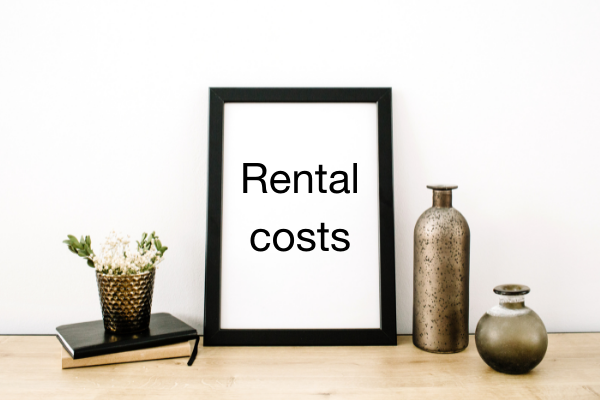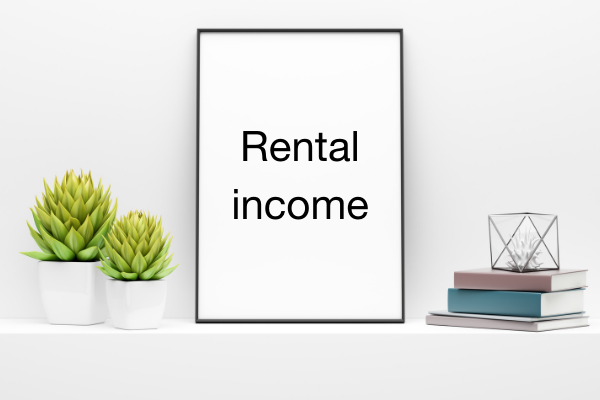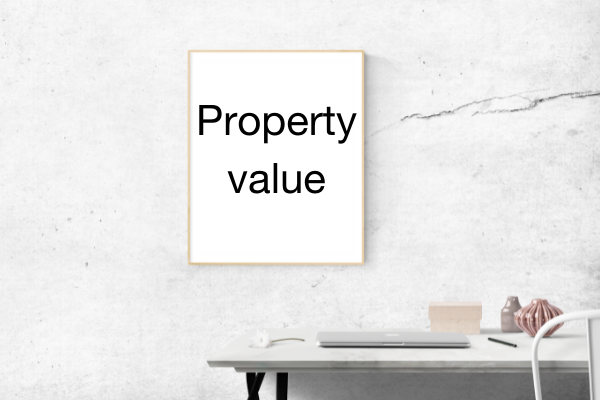Maximising your profits as a landlord

If you’re a buy-to-let investor, then maximising profits is already likely to be high on your priority list. But even if you’re an accidental landlord or view your rental property as a long-term investment that you plan to cash in way ahead in the future, it’s well worth checking every now and then to make sure you’re not spending more than you need on it.
When it comes to making a profit from a rental property, there are three key components worth analysing on a regular basis:


Rental costs
As a landlord, you might feel that every week or month you’re paying out for something to do with your rental property, whether that’s for essential health and safety certificates, fixing a leak or replacing an appliance. All those are necessary expenses, but to help keep rental costs under control, make sure you keep track of every little bit you spend, even if it’s just a trip to the property to tidy up the garden in between lets.
Just as you would when running any business, highlight all the things that you spend money on, noting whether they are monthly or annual costs. Typical outgoings for a landlord include:
- Mortgage fees
- Letting/managing agent fees
- License fees
- Landlord insurance
- ICO registration (data protection)
- Appliances
- Furnishings
- Property safety checks and certificates
- Property maintenance and repairs
- Cleaning
- Gardening
- Personal administration
- Bookkeeping / accountant’s fees
…and if you pay them, utility bills. Also, don’t forget to include an allowance for void periods between tenancies when your property will be empty.
There are two key things that you need to do to keep these costs as low as possible. Firstly, review the ones you can on a regular basis. Our mortgage partners, Mortgage Scout, recommend you review your mortgage annually, as new products are being released onto the market all the time. One of them may be more suitable for your investment purposes – and might even save you some money.
Landlord insurance is an important consideration and it’s worth spending some time looking at how much various elements of cover could save you, versus how much an uninsured event could cost. For example, to help keep your maintenance and repair bills down, it may be cost effective to have emergency repair insurance – less hassle, too! And to make sure you don’t suddenly find yourself without any monthly rental income if your tenant can’t or won’t pay, it’s worth considering rent protection insurance.
The second way to keep costs down – and to minimise the number of times you have to pay out for repairs – is to invest in good quality appliances, fixtures and fittings. For example, although it may cost more to fit a shower that has all its working components ‘on the surface’, this will save tiles having to be taken off if repairs are needed, which will make the job less expensive and be much less of an inconvenience for your tenant.
Good quality appliances that are energy efficient can help your tenant save money on utility bills and if they come with a long guarantee, that should reduce the number of times you have to replace them.
So, while it might be tempting to choose cheaper options for your rental property in an effort to keep initial costs down, bear in mind that it’s often a false economy and you could end up paying considerably more in the long run.


Rental income
Keeping your costs under control is one side of the profit equation – on the other side is generating as much rental income as possible. And one important way you can help ensure your property turns a profit is by investing in keeping it in the best possible condition.
This can help boost your profits in three key ways:
- The best-presented properties – those that are freshly decorated, have good quality appliances and fixtures and fittings, and are clearly well looked after – will let for the highest rent.
- Properties in the best condition tend to let quickly, so you’re less likely to suffer void periods.
- If you’re re-mortgaging for any reason, a well-maintained property is likely to have a good market value. And if the property is worth more now than when you last took out a mortgage, that might mean a lower loan-to-value and better interest rate, which could reduce your mortgage payments.
Other ways to maximise the amount of rent you can charge include making sure the property has speedy Wi-Fi, allowing pets and providing a parking space, if possible. Essentially, the more you can do to make your tenant’s life as comfortable and easy as possible, the more likely they are to pay the highest market rates.
Once you’ve done all you can to attract the best tenant who’s willing to pay a good level of rent, it’s important to make sure your rental income maintains its value. That means increasing the rent on an annual basis, if that’s possible.
Many landlords choose to keep rents the same during a tenancy, even if it lasts for several years. However, with inflation at around 2-3% per year (Source: Bank of England inflation calculator), if you’re not increasing your rent by the same amount, the value of the income you receive is falling over time. So, ideally, rents in the private sector should rise in line with inflation, as they do in the social sector.
You may think you’re helping your tenant by keeping their rent at the same level – and, of course, they’ll be glad they’re not paying more! But in some ways, you’re doing them a disservice, because they’re likely to get a shock when they eventually move on and see the price they now have to pay for a similar property.
For example, if you rented to a tenant for £1,000 a month in 2016, the rent would now need to be over £1,140 per month to have kept up with inflation. From the tenant’s perspective, it’s better to have small rent rises of 2.7% per year, rather than suddenly have 5 years’ worth of inflation added on all at once.
Finally, do make sure you keep your property in the best possible condition, so that it’s always going to be attractive to tenants. Demand changes over time and if you’ve had the same tenant for 5 years or so and now they’re moving on, you may need to make some upgrades to be competitive in today’s rental market. Whether it’s redecoration, renovating a kitchen or bathroom, or installing some new technology, remember that great tenants will pay the highest rent for a quality home.


Property value
Maximising rental income is one way to profit from your rental property. The other way is through an increase in capital value. While properties tend to ‘naturally’ rise in price over time, thanks to a combination of inflation and market forces, you can protect and boost the value of your rental by: (a) taking care of it through regular maintenance and (b) making sure it’s always presented in the best possible way. Whether it’s tenants wanting to find the best property or buyers wanting to purchase their lovely next home, a good quality property in a great location will always maintain a good value.
And remember that you don’t have to sell to benefit from an increase in the value of your property. If you have a mortgage, you may be able to remortgage onto a product with a lower loan to value and a better interest rate, which could reduce your mortgage payments and boost your monthly profits. Or you may be able to release some of the equity to either reinvest or just enjoy!
Running a buy-to-let is no different to any other business when it comes to the basic principles of maximising profits. Keep on top of your costs, not necessarily by ‘scrimping and saving’ every penny, but by making sure you’re getting and giving good value. Let a quality property, for which there’s going to be great demand, that someone’s going to love to make their home for many years to come.
Looking for advice?
If you're looking to let or sell your property, we can help. Get in touch with your local branch or book in for a property valuation.

Contact Us
Got a question, general enquiry or something else?
You may also like



